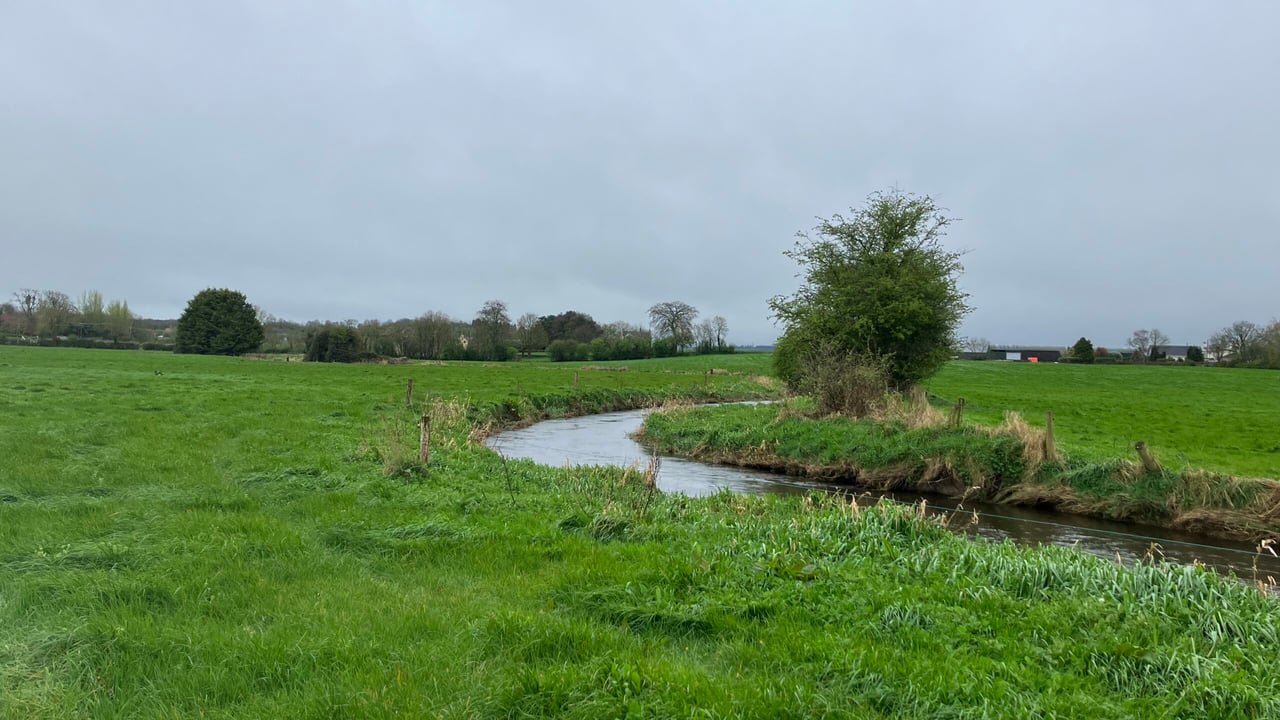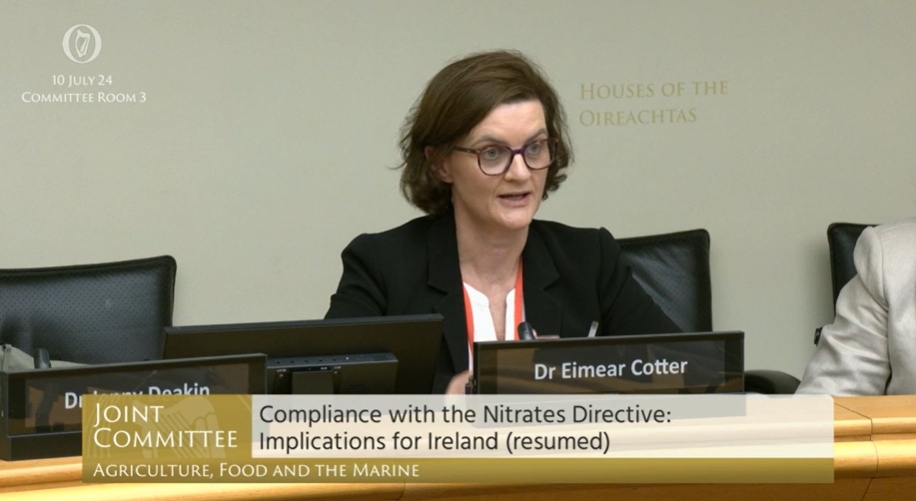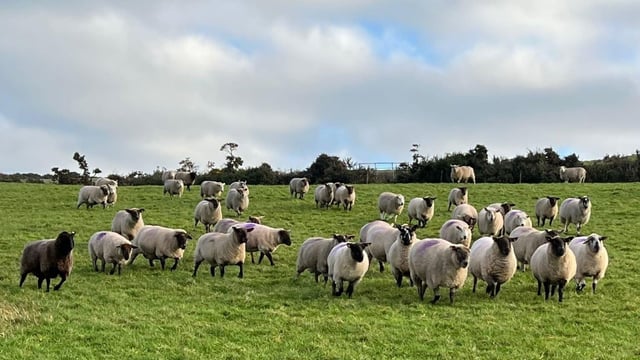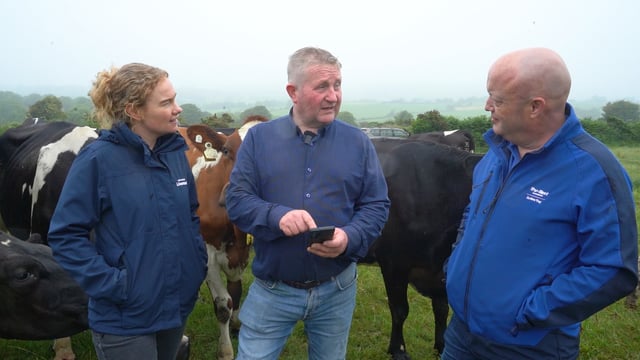EPA: All farmers have a role to play in water quality
"All farmers, and not just those in derogation, have a role to play in reducing nutrient losses to water," according to the Environmental Protection Agency (EPA).
Dr. Eimear Cotter, director of the Office of Evidence and Assessment with the agency, made the comments at a meeting of the Oireachtas Joint Committee on Agriculture last evening (Wednesday, July 10).
She said that the "science and knowledge are available to know what the problems with water quality are, where they are, and how to solve them".
"While water quality is recognised as a high priority for the agricultural sector, and there is much action underway, we need to see a significant increase in the scale and pace of implementation of measures to reduce nutrient losses.
"This should include full compliance with the Good Agricultural Practice for Protection of Waters (GAP) Regulations and significant improvements in nitrogen use efficiency to reduce the nitrogen surplus," she added.
Dr. Cotter said that an overall reduction in load may be necessary in some catchments where there is a significant excess of nitrates levels.
The committee has already held several sessions this year examining the impact of the European Commission's decision to reduce Ireland’s nitrates derogation from 250kg of organic nitrogen (N) to 220kg per hectare in designated catchment areas.
Representatives from the EPA were invited to address members on its 2023 water quality report ahead of the committee finalising its conclusions and recommendations.
The report, published last month, found no significant change in water quality compared to 2022 and no sign of an overall improvement.
"Water quality in Ireland is not as good as it should be and we are not on track to meet our legally binding water quality objectives by 2027.
"While all sectors have a role to play, agriculture is the primary source of nitrate losses to water and contributes a significant proportion of phosphate losses, in addition to wastewater," Dr. Cotter said.
The committee was told that in order to reduce nutrient losses from agriculture, "measures and action must be targeted".
Dr. Cotter said that reducing nitrogen (N) losses to water requires a reduction in the amount of nitrogen leaching through freely draining soils.
"This requires a reduction in the nitrogen surplus through measures such as improving the nitrogen use efficiency, better nutrient management planning and reducing the overall nitrogen load," she said.
She noted that the lag time between nitrogen reduction measures and reduced N concentrations in waterbodies can vary depending on the soil type and weather.
"However, if nitrogen reduction measures are implemented at scale and in the critical source areas where most leaching occurs, we would expect to see signs of improvements in nitrogen levels within six months to a year at a national level," she added.
In relation to phosphorous (P), Dr. Cotter said that it is "critical that the flow pathway between the land and the water body is broken".
She said this includes preventing soiled water or effluent running into a drain or watercourse, or by maintaining a buffer zone to intercept flow and nutrients at the area where the run off occurs.
"Breaking the pathway, if implemented at scale by all farmers should reduce phosphate levels and deliver improvements in water quality relatively quickly, particularly in our freshwater rivers and lakes," she added.
Dr. Cotter told the committee that data for 2022 and 2023 shows that non-compliances with the GAP Regulations are being detected on more than 30% of farms inspected.
"It is clear that compliance levels need to improve significantly to protect water quality and prevent pollution from agricultural sources," she said.






